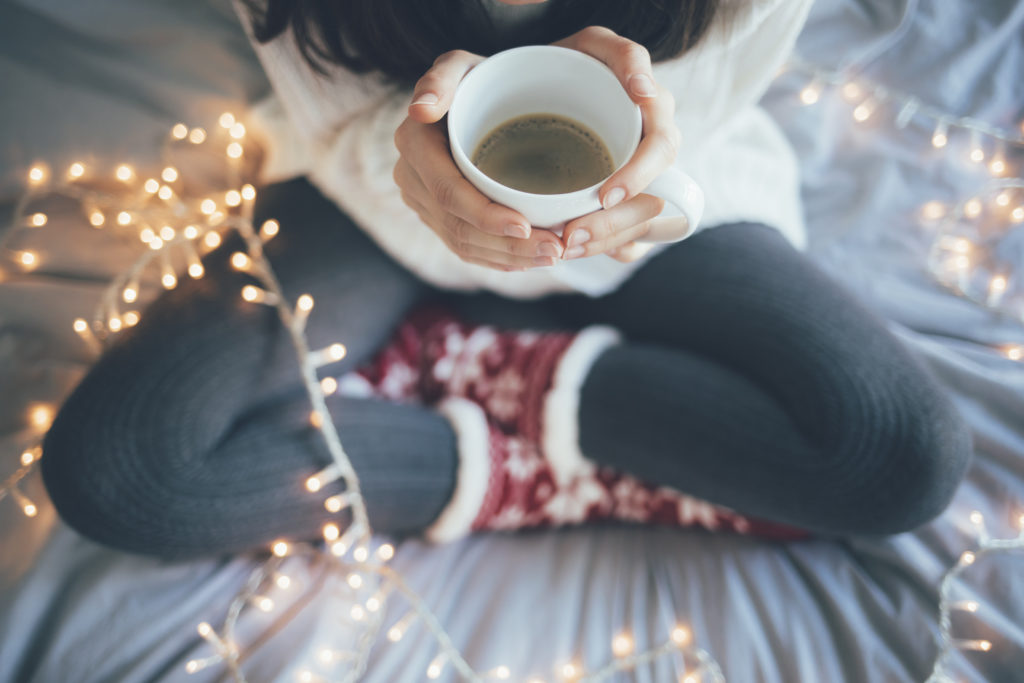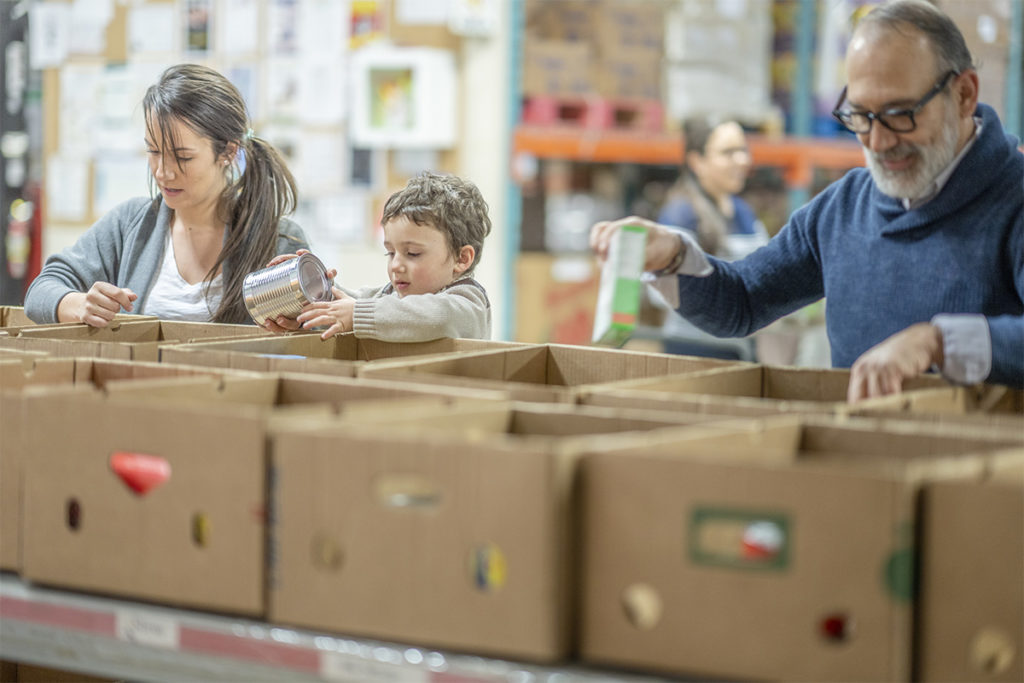10 Holiday Stress Coping Strategies

Holiday stress has become an unfortunate byproduct of the season. Family get-togethers, shopping, decorating, gift buying and wrapping, cooking and baking, and attending special activities can place extra demands on all of us.
Holiday Stress and Physical Health
Memory and Emotion Processing
In the following review, Lupien and colleagues (2018) explain that enduring chronic stressors can contribute to the development (or continuance) of health problems due to elevated levels of glucocorticoid hormones, particularly cortisol. When cortisol levels are high, they can directly access and influence cognitive processes in the brain, leading to impairments in attention, memory and emotion processing.
Heart Disease
Chronic stress heightens the risk for multiple types of cardiovascular disease. In a landmark study by Tawakol et al. (2017), the researchers showed (for the first time) that there is a definite mechanism linking cardiovascular events with resting metabolic activity within the amygdala (in the brain)—preceded and brought about by arterial inflammation.
There is a trove of evidence that demonstrates how stress can hijack our health both physically and mentally. Armed with facts and a handful of ideas for simplifying things, we can protect ourselves from overcommitting and overstressing this year.
Coping Strategies for the Holidays
There are things we can do to help with stress relief, starting with these holiday stress coping strategies from the Mayo Clinic:
- Reach out. If you feel lonely or isolated, seek out religious or other social communities.
- Be realistic. Even though your holiday plans may look different because of the pandemic or other issues, you can find ways to celebrate.
- Acknowledge your feelings. It’s normal to feel a range of feelings—including sadness, grief and happiness—during the holidays.
- Take a break for yourself. Find an activity that clears your mind.
- Keep up your health habits. Eat healthy meals, get plenty of sleep, maintain your regular exercise routine and take a breather from technology.
- Be budget savvy. Decide how much money you can afford to spend on gifts and food, and stick to it.
- Plan ahead. Good planning helps to combat last-minute scrambling.
- Learn to say no. Friends and colleagues will understand if you can’t participate in every activity.
- Take control. Recognize your holiday triggers, such as financial pressures, so you can prevent them.
- Get help if you need it. If you feel persistently irritable, hopeless or sad and unable to face your daily routine, talk to a mental health professional.
Len Kravitz, PhD
Len Kravitz, PhD is a professor and program coordinator of exercise science at the University of New Mexico where he recently received the Presidential Award of Distinction and the Outstanding Teacher of the Year award. In addition to being a 2016 inductee into the National Fitness Hall of Fame, Dr. Kravitz was awarded the Fitness Educator of the Year by the American Council on Exercise. Just recently, ACSM honored him with writing the 'Paper of the Year' for the ACSM Health and Fitness Journal.
Thea M. Benally
Thea M. Benally is completing her bachelor of science degree in exercise science with a minor in population health at the University of New Mexico. Her research interests include exercise for clinical populations, physical therapy rehabilitation for patients with cardiovascular disease, and endocrinology research, specifically in American Indian populations.




